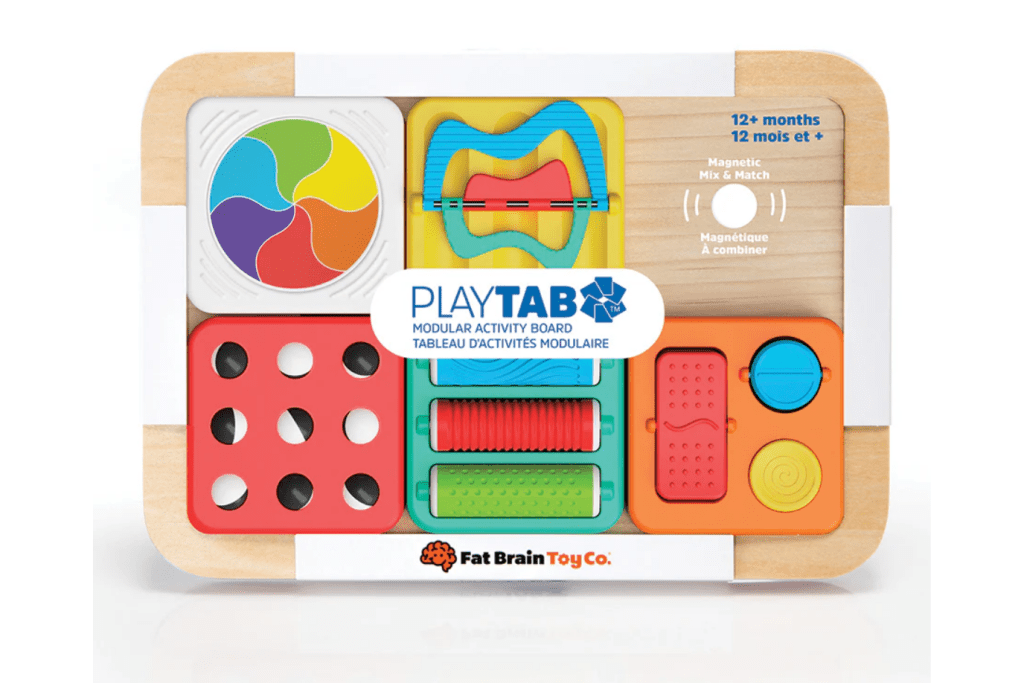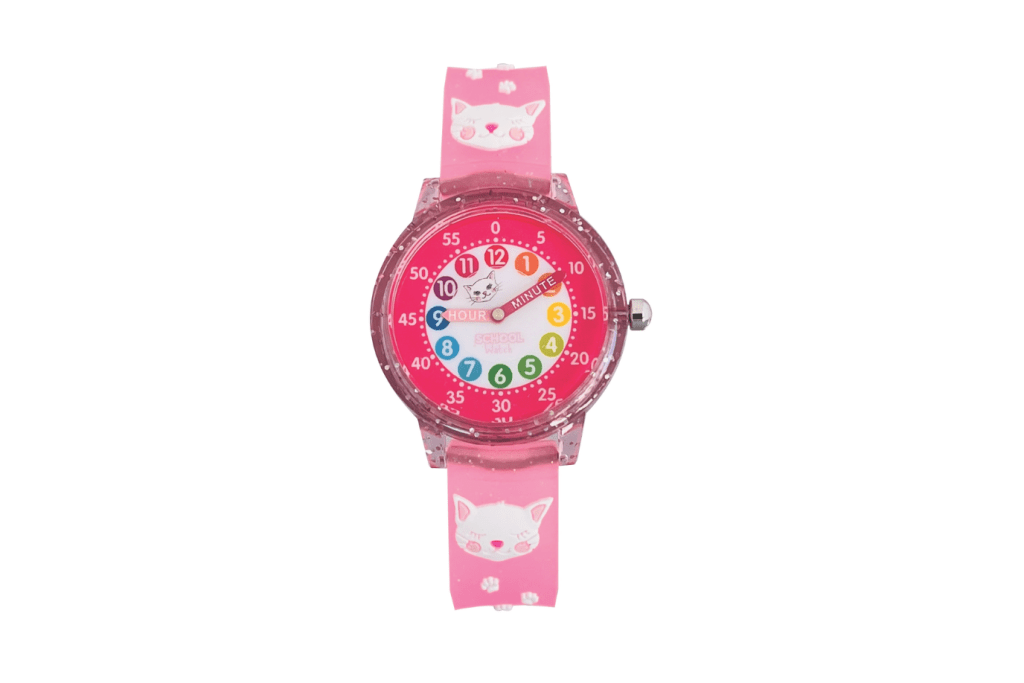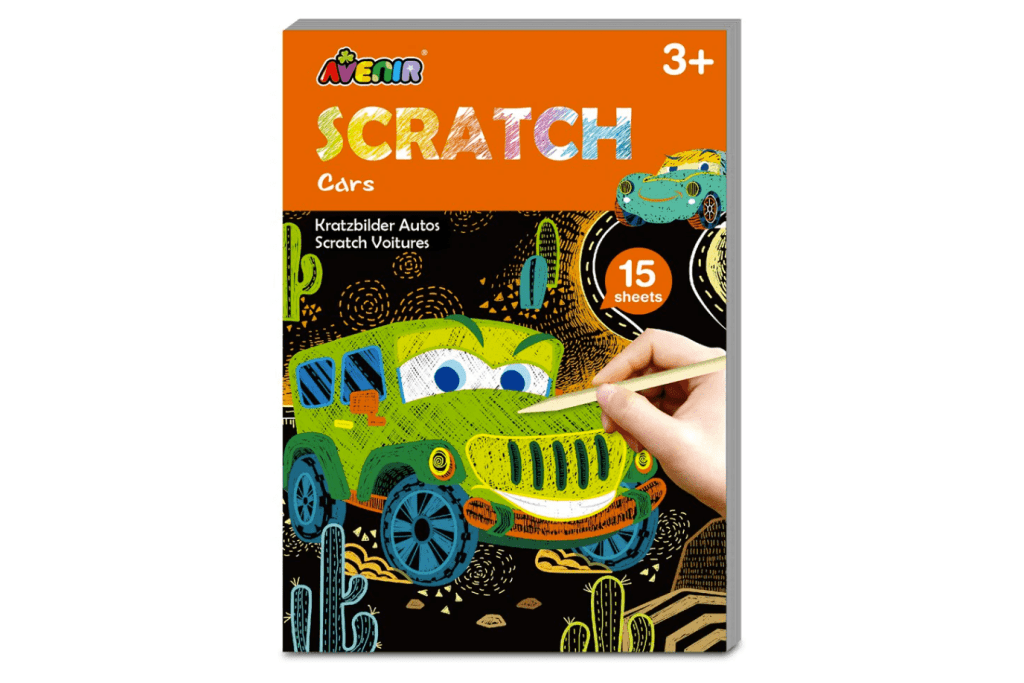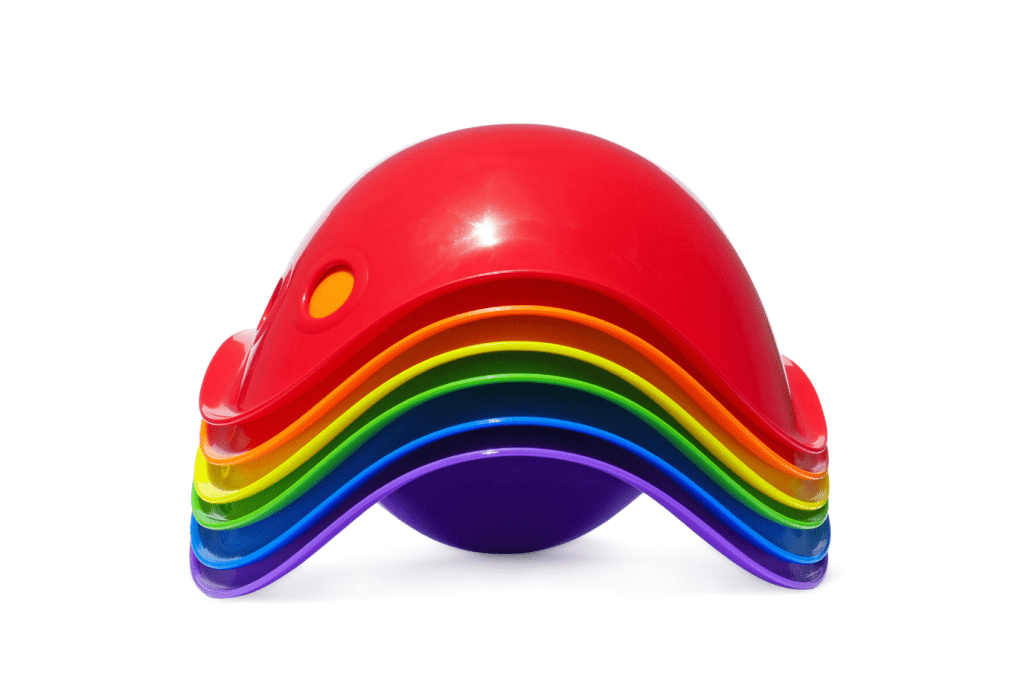Menu
-
- Valentine's Gifts
- Lunar New Year Gifts
-
Shop Gifts By Age
- Gifts For a 0-6 Month Old
- Gifts For A 6-12 Month Old
- Gifts For A One Year Old
- Gifts For A Two Year Old
- Gifts For A Three Year Old
- Gifts For A Four Year Old
- Gifts For A Five Year Old
- Gifts For A Six Year Old
- Gifts For A Seven Year Old
- Gifts For An Eight Year Old
- Gifts For A Nine Year Old
- Gifts For A Ten Year Old
-
Shop Gifts By Budget
- New Arrivals
-
Toys
- Large Active Toys
- Animal Toys
- Arts & Crafts
- Award-Winning Toys
- Bath Toys
- Birthday Wishlists
- Building Toys
- Cars, Trains, & Trucks
- Games
- Instruments
- Loose Parts Play
- Loot Bag Toys
- Made in Canada
- Outdoor Toys
- Pretend Play
- Puzzles
- Sensory And Fidget Toys
- Sensory Bin Tools & Fillers
- STEM Toys & Activities
- Toronto-Themed Gifts
- Travel Toys
- Wooden Toys
- Waiting Room Toys & Furniture
-
Montessori Materials
- Montessori At-Home Program
-
Montessori Furniture
-
Bundles & Sales
-
Books
-
Shop By Age
-
Shop By Brand
- Brands A-F
- Brands G-L
-
Brands M-R
- MagicPlaybook
- Magna Tiles
- Make Believe Ideas
- Makedo
- Manhattan Toys
- Math for Love
- Milaniwood
- MindWare
- Mojo Toys
- Moluk
- Moulin Roty
- Native Northwest
- nic
- Nienhuis
- Ooly
- Opinel
- Ostheimer
- Papoose
- Peaceable Kingdom
- Plan Toys
- Plus-Plus
- Preschool Collection Watches and Timers
- Ravensburger Puzzles
- Real Life Pages
- Brands S-Z
-
- 866-901-4696
- Gift Registry
- Login

The "Good Job" Controversy
3 min read

There's a bit of a strange controversy around Montessori - that teachers or parents are not allowed to say "good job" or offer praise of any kind.
While there's some truth to this, there's a bit more to it than that.
Let me explain.
Why Montessori Teachers and Parents Don't Say "Good Job"
"There is no punishment or reward in our schools to interfere with the joy in the work itself. The only reward is in the completion of the work – it is at this time that internal discipline establishes itself, and the foundations of character are laid."
~ Dr. Maria Montessori, Maria Montessori Speaks to Parents, p. 22
Montessori found that when we foster a child's natural curiosity and love of learning, they don't need external praise or reward. They work, learn, and play because they want to... not to please the adults around them.
BUT this doesn't mean that when your child brings you a piece of art, you stare blankly at it.

Montessori's approach to praise is to offer feedback that focuses on the effort rather than the outcome. For example, when a child shows you a piece of art, you could say, "you worked really hard on that", instead of "that looks amazing" or "I love it".
The purpose of this is to help children to develop intrinsic motivation (when the motivation comes from within) and self-satisfaction from a job well done - while still acknowledging, encouraging, and connecting with the child.
The Benefits of Intrinsic Motivation
Columbia University researcher and author Carol Dweck has studied the benefits of intrinsic motivation.
She found that children who were praised for their intelligence, instead of their effort, became overly focused on results. When these children failed at a task, they persisted less, showed less enjoyment in the task, and believed their failure was due to a lack of ability or intelligence (something they couldn't control).
Dweck encourages parents and teachers to help children develop the growth mindset, a belief that we can learn new things through practice, being receptive to feedback, and exploring new strategies. I talk more about the growth mindset here, if you're interested.
She says "praising children for intelligence makes them fear difficulty because they begin to equate failure with stupidity."
On the flip side, she found that children who were praised for their effort showed more interest in learning, demonstrated greater persistence and more enjoyment in the tasks, and attributed their failure to lack of effort (which they believed they could change).
Alternatives to "good job!"
- "You did it!" - my favourite and the easiest to swap out for "good job". It encompasses all goals - acknowledge, encourage, and validate. The language is also simple enough for a toddler to understand and begin to use themselves, "I did it!"
- "Wow! You worked on that for a long time!"
- "You practiced and now you can do it all by yourself!"
- "I was watching you. You are getting so strong."
- "You are taking such good care of the classroom" or…yourself, your room, our house.
- "Thank you for tidying up the books. That’s helpful."
- "You look proud of yourself."
- When you see them doing something for someone else - "That was kind of you." This one can help them to understand different characteristics, like being a kind person.
- When you’re not sure what to say, describe what you see - "Look at all those blue lines" or "You chopped so many apples!"
Or silence... If your child is playing independently, there is no need to insert any commentary. Doing so could disrupt their concentration.
And if your child looks over to you while they're working, a simple smile qualifies as acknowledgement.
Praise and Art
When it comes to artwork, toddlers are focused on process rather than product.
This is helpful to remember when they are looking for your acknowledgement.
Rather than praising the product, it's more helpful for them to acknowledge the process - "You painted the entire paper green!" or "look at all the colours you used!"
If they are an older toddler, you could ask them reflective questions, like "Tell me about your art" or "What did draw do over here?". This again, helps to acknowledge and connect with your child, without putting any expectations on them.
Don't Be Too Hard on Yourself
It's worth noting that Montessorians are humans too.
It would be impossible to never say "good job" or "I love it" because these things simply come out when we're excited after our child has mastered a new skill.
As parents, we try to do the best we can. In this case, help our children understand that if we work hard at something, we can get better.
Join Our Montessori Community
Sign up to get weekly activities, free printables, Montessori parenting guidance, and so much more.
Plus, get $10 off your first order of $100+.
Like this article? Get new articles, weekly activities, free printables, Montessori parenting guidance, and so much more.
One mom recently shared:
"Your newsletter is always SO great. It is one of the few I open and read weekly. You provide so much value. Thank you!"









![Kidamento Kidamento Children's Cameras [3 Models]](http://themontessoriroom.com/cdn/shop/products/kidamento-childrens-cameras-3-models-661353_1600x.png?v=1699075281)
